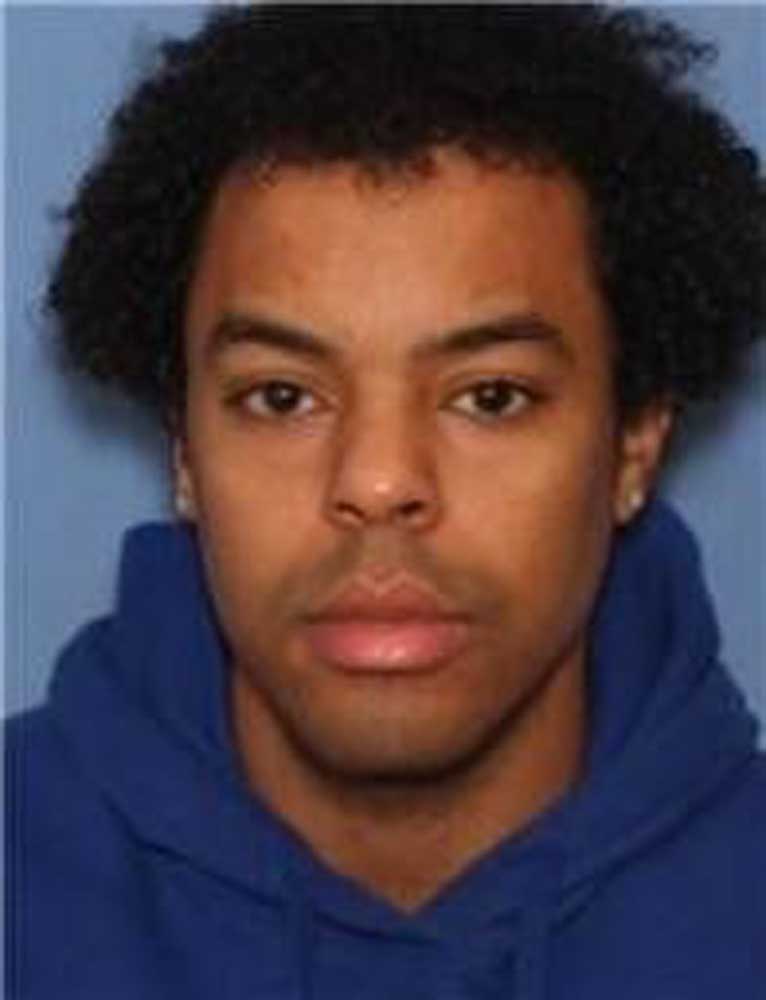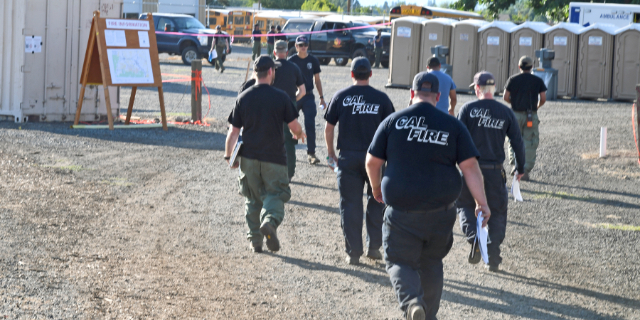Klamath Falls convicted kidnapper Zuberi to represent self at sentencing
Published 12:00 pm Monday, January 6, 2025

- Sakima Zuberi, who previously went by Negasi Zuberi.
The Klamath Falls man convicted after imprisoning two women in separate kidnapping events in a homemade cell has elected to represent himself at his sentencing hearing later this month.
Trending
Negasi Zuberi, 30, submitted a complaint before the court stating his legal team had “sabotaged” his case.
This was not Zuberi’s first attempt to dismiss his attorneys, having previously attempted to do so prior to trial on similar complaints.
In both events, U.S. District Judge Michael J. McShane warned the defendant of the risk he’d run by representing himself.
Trending
Convicted on all charges — which includes four federal charges, including two kidnapping charges, transportation and four counts of felon in possession of firearms and ammunition — Zuberi faces a possible lifelong prison sentence as well as up to $2 million in fines.
But last month, McShane approved Zuberi’s request, stating that he “knowingly, voluntarily and intelligently” made that choice.
At trial, Zuberi attempted to make a statement regarding his disapproval of his representation, but the court cut him short.
McShane said, “Their case is only as good as the facts and their client. In this case, they had very little facts to work with and a very difficult client.”
Since the verdict was delivered, Zuberi has been provided a court-appointed defense investigator to assist in procuring trial documents prior to his sentencing on Jan. 17.
At the end of December, Zuberi filed multiple motions (all of which are under seal due to the inclusion of victim information) to review discovery for all seven counts, alleging corruption, prosecutorial misconduct and unconstitutional prosecution.
Zuberi argued that, because the cinderblock cell was destroyed shortly after its discovery, the U.S. government had no case against him.
His legal team later attempted to claim that the structure built in the garage of his rental home was a music studio.
But evidence procured and presented at trial included handcuffs, leg shackles, cell phone jammers and hand-written descriptions of his plan titled, “Operation Takeover.”









